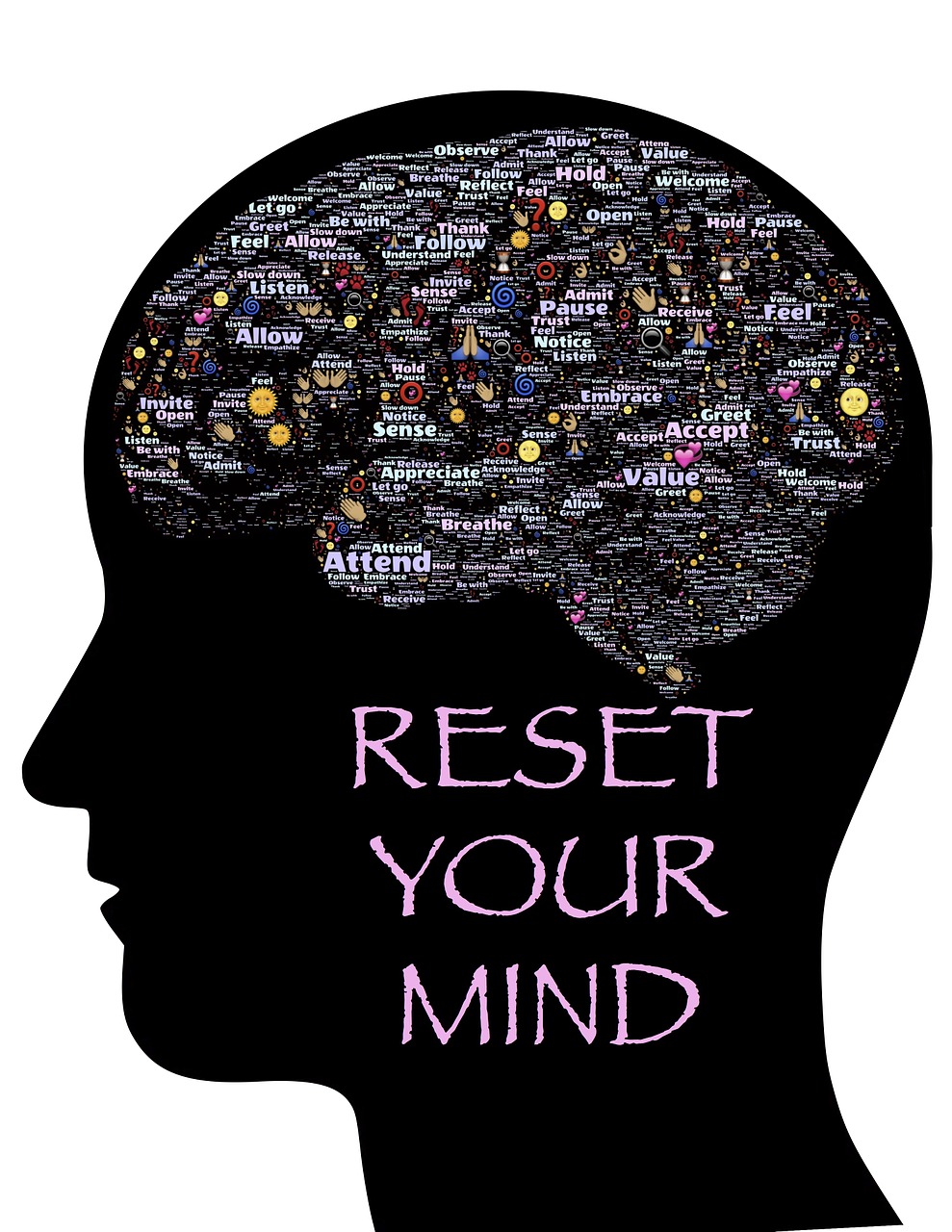Imagine Sarah. She constantly finds herself in arguments with her colleagues and friends and believes everyone else is at fault. She feels misunderstood and often wonders “what’s wrong with everyone?” This seems to be a recurring cycle in her life but Sarah doesn’t realize that her tone often comes across as dismissive or abrasive, and her unwillingness to listen contributes to the conflict. Without the self-awareness of how her behavior impacts others, Sarah will continue this cycle of always feeling like the victim, possibly losing jobs and friends, hindering her own happiness in the process.
Self-awareness is the foundation of personal growth and success. It is a skill that when nurtured in early childhood, will help the individual understand their own emotions, develop healthy relationships, and become resilient and self-confident learners through adolescence. By understanding your thoughts, emotions, and actions more clearly, you can navigate life with greater intention and authenticity. If you can relate to Sarah’s story, rest assured it is never too late to add new skills to your personal toolbox. If you’re ready to take your self-awareness to the next level, here are five practical and effective strategies to try.

1. Practice Mindfulness
Mindfulness is all about being fully present in the moment without judgment. When you focus on the here and now, you become more attuned to your thoughts, emotions, and physical sensations. You can start small by dedicating just a few minutes a day to mindfulness exercises like deep breathing or meditation. Over time, this practice can help you quiet mental distractions and gain clarity about your inner world.
How to get started:
- Try a guided meditation app like Headspace or Calm.
- Take five deep breaths whenever you feel stressed. Inhale for a 4-count and exhale for 6 or 8.
- Set aside five minutes to focus solely on your senses—what you see, hear, feel, taste, and smell.
2. Keep a Journal
Journaling is a powerful way to reflect on your thoughts, feelings, and experiences. Writing things down can help you identify patterns, clarify your emotions, and gain new insights about yourself. You don’t have to be a great writer to start journaling; the key is to be honest and consistent.
Tips for effective journaling:
- Start with simple prompts, like “What made me happy today?” or “What’s been on my mind lately?”
- Write for just five to ten minutes a day.
- Revisit old entries to see how you’ve grown over time.
3. Seek Feedback
Sometimes, it’s hard to see ourselves clearly. That’s where feedback comes in. Asking trusted friends, family members, or colleagues for their honest perspectives can provide valuable insights into your strengths, weaknesses, and blind spots. Remember, feedback is not about criticism—it’s an opportunity for growth.
How to approach feedback:
- Choose people you trust and who know you well.
- Be specific when asking for input. For example, “How do you think I handle stressful situations?”
- Stay open-minded and avoid getting defensive.
4. Reflect on Your Values and Beliefs
Your values and beliefs are the guiding principles that shape your decisions and actions. Taking the time to reflect on what truly matters to you can help you live a more intentional and authentic life. Ask yourself: Are my choices aligned with my core values? What do I stand for?
Questions to consider:
- What are my top three values?
- How do my daily actions reflect these values?
- Are there areas where I’m compromising what’s important to me?
5. Embrace Discomfort
Personal growth often happens outside of our comfort zones. By challenging yourself to try new things, confront fears, and take risks, you’ll uncover hidden strengths and gain a deeper understanding of who you are. Embracing discomfort is not easy, but it’s one of the most rewarding ways to grow.
Ideas to step out of your comfort zone:
- Try a new hobby or skill.
- Speak up in a meeting or social setting where you usually stay quiet.
- Take on a project or challenge that feels slightly intimidating.
Final Thoughts
Self-awareness is a journey, not a destination. It’s about continuously learning, reflecting, and growing. By practicing mindfulness, journaling, self-reflection, seeking feedback, and embracing discomfort, you’ll gain a deeper understanding of yourself and unlock your true potential.
Remember, small steps can lead to big changes. Start with one or two of these strategies and watch as your self-awareness grows over time. You’ve got this!





